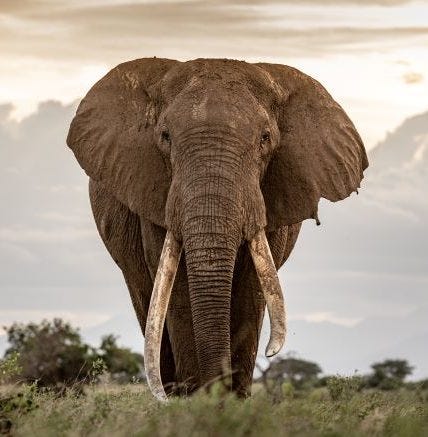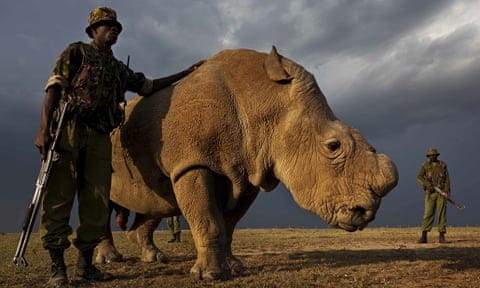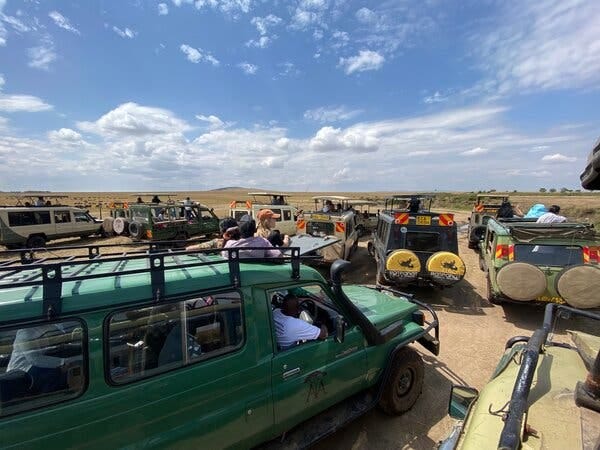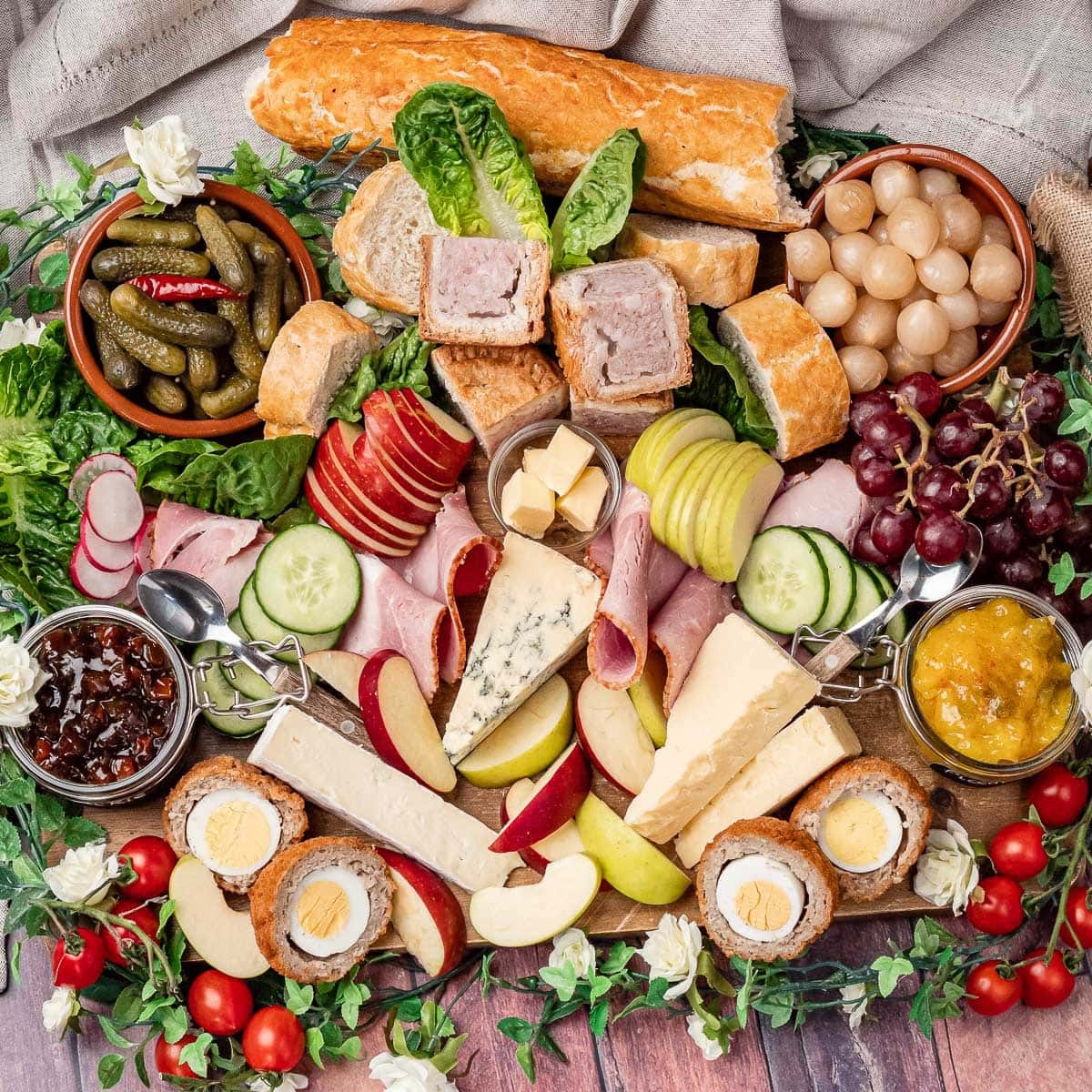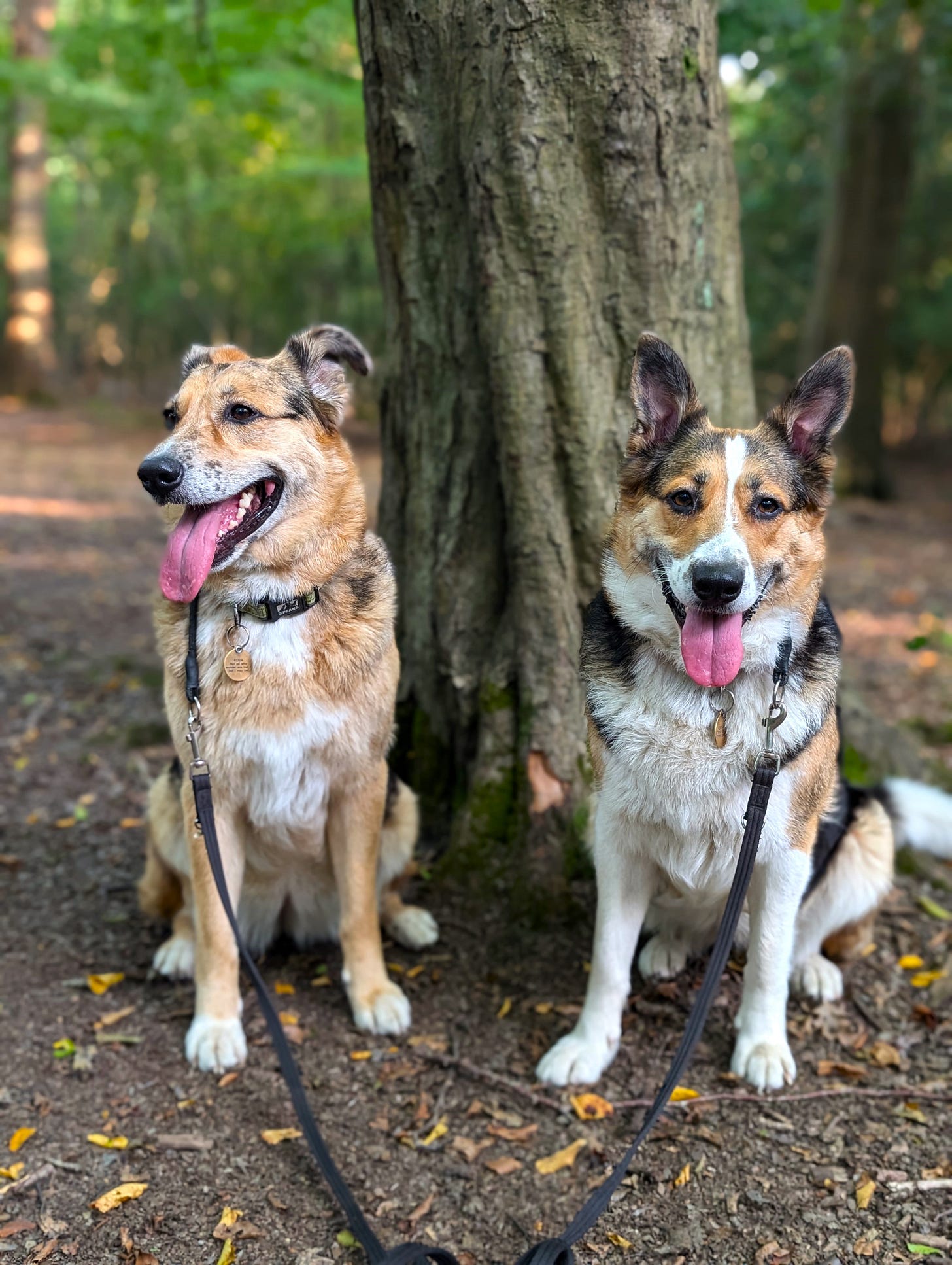Hello everyone and welcome to my latest newsletter.
It is a week since my partner and her 2 grown children went off on holiday to Tanzania for an African safari. It was to celebrate the youngest’s 21st birthday. She asked me if I wanted to go along but I declined as I am anti-safaris and we needed someone to look after the hounds. When I mentioned to people that I stayed behind they looked baffled as some of them have been on Safari and really enjoyed it. For me, it is very simple. We should just leave the animals alone and let them live their lives. I have thought about the possible benefits and negatives to safaris. I think that the main trigger for me not wanting to go on one (though apparently, I was on one when I was a toddler with my parents when I used to live in Mombasa, Kenya) was an article I read about Sudan, the last Northern White rhino who was guarded 24 hours a day by rangers. He was matched with the last 2 female Northern White rhino but they were unable to become pregnant by Sudan, effectively making him and the females functionally extinct. Sudan died at the age of 45 in 2018. This wasn’t directly caused by safaris but by poaching, but the outcome was the same - humans screwed it up.
Why are they extinct in the wild? Illegal poaching, fuelled by the increasing demand for rhino horn in traditional Far East medicinal practices, has devastated the African rhino population. In 1960, there were still 2,360 wild northern white rhinos but by 2008 the subspecies was extinct in the wild.
Sudan: Last male of his kind: The rhino that became a conservation icon
African Safari: A Double-Edged Sword?
African safaris, which offer a glimpse into the continent's stunning wildlife and landscapes, have become increasingly popular among travellers, especially post-pandemic. However, this surge in tourism is raising concerns about its impact on the people, ecology, and economy of countries like Tanzania and Kenya.
Pros of African Safaris
Economic Benefits: Safaris contribute significantly to local economies, providing jobs in tourism, hospitality, and related industries. Revenues generated from safari activities can fund conservation efforts and improve infrastructure.
Conservation Awareness: Exposure to wildlife and their habitats can foster a sense of appreciation and inspire individuals to support conservation initiatives.
Cultural Exchange: Safaris offer opportunities for cultural exchange between visitors and local communities, promoting understanding and tolerance.
Cons of African Safaris
Environmental Impact: Increased tourism can lead to habitat degradation, pollution, and disturbance of wildlife. Overcrowding and improper waste management can harm ecosystems.
Ethical Concerns: Some safari operators may prioritize profit over ethical considerations, contributing to animal exploitation and unethical practices.
Local Displacement: Tourism development can displace local communities from their traditional lands, impacting their livelihoods and cultural heritage.
A Balancing act is needed
Tourism is critical to the African continent, there is no denying that.
But to ensure that African safaris continue to be a sustainable and beneficial experience, it’s important to strike a balance between tourism development and conservation. The Tanzanian and Kenyan governments are aware of the importance of responsible tourism practices, such as minimizing environmental impact, supporting local communities, and promoting ethical wildlife encounters, but they are hard-pressed to enforce these. By working together, governments, tourism operators, and conservation organizations can harness the potential of African safaris while safeguarding the future of the continent's ecosystems and people.
I think it is crucial that if safaris are to continue they should look at the “conservancy” model. Private parcels of land owned by local communities, such as the Masai, are leased to tour companies. They hire community members as guides, camp managers, kitchen staff and housekeepers and follow rules that include caps on the number of lodges and camps and limits on the number of tourist vehicles.
I know that a safari is the highlight of many people’s travels, my partner being no exception, but there has to be a better way to go and gawp at local wildlife. Rant over.
The Perfect Ploughman’s - does it exist?
I met up with 2 old work colleagues this week in the pub, as old men are wont to do and the conversation turned to what would constitute a perfect Ploughman’s Lunch. For those who perhaps have never heard of this, it comes under other names like a Farmer’s Lunch or a labourer’s lunch. At its most basic, it is a quick pub dish of bread, cheese, pickle/chutney and sometimes meat, like cold beef, ham or lamb. A Ploughman’s Lunch is one of my favourite meals that I quite regularly make at home. I have had the good fortune to try variations of this around the world, most notably Switzerland and Germany who do a version that, dare I say, eclipses the British version.
My colleagues both said that the type of bread used was very important. I like to use either a heavy granary loaf or a light and fluffy cottage loaf. One of my colleagues prefers (whisper it) a French baguette, while the other prefers thick chunks torn from a Bloomer.
Next is the cheese. I enjoy a good quality cheddar, preferably from a Farmer’s market that is freshly made and has a nice tang to it, and occasionally a hunk of Double Gloucester or a good Brie. My colleagues are on the same page, though one of them prefers a nice Stilton.
As for pickles or chutney? I enjoy a store-bought brand in the UK called Branston Pickle but when you have the opportunity to visit a Farmer’s market you may come across beer and cider-flavoured ones which can be magnificent. My colleagues each like Piccalilli and spicy tomato chutney as well as pickled onions.
Then comes the meat. My preference is a nice slice of cold roast beef and a slice of cold gammon. My friends opt for cold lamb and sometimes turkey. At home, I would also add a little bit of salad, especially a flavoursome tomato and sometimes a hard-boiled egg, but in the end, you can make it as full-on or as simple as you want.
One thing that we all agreed upon was that you had to drink a beer or a cider with it. This conversation about a simple British meal went on for over an hour! This got me thinking, I hadn’t had a decent Ploughman’s in a pub for a couple of years. The best I’ve ever had in Britain was in a small pub in St Albans called the Ye Olde Fighting Cocks in the 90’s. I used to go there twice a week for their Ploughman’s. It was hearty and cheap, but I believe that they no longer do them. I had a quick check and found that there are around 40+ pubs in the near vicinity of where I live and only one of them - only one, did a Ploughman’s. And now I’m going to have to go there and try it out next week. I’ll give you my verdict.
If you enjoy a good Ploughman’s, drop us a comment and let us know what your perfect Ploughman’s is and where it can be found, or if you have a similar dish in your country, let us know what it is and what it’s called.
Free Speech (delayed)
In my last newsletter, I said I would be looking at the UK’s right to Free Speech and the (to me) worrying trend of people being put in prison because they said something that not everyone agrees with. This may have been hate-speech or racism. I don’t condone this sort of behaviour at all, but an automatic prison sentence? After some research, I have now found that I have to be very careful what I say or post in case it is construed as being Far Right or taken completely out of context. I have now decided that I will research a bit more and then write my piece in the next newsletter. Instead, here is a picture of my 2 dogs, Koda and Echo.
Thank you for reading my newsletter and until next time my friends, stay safe and happy.
Cheers
Simon





